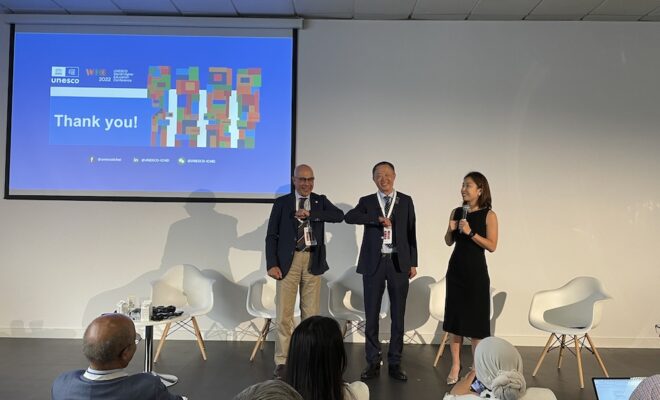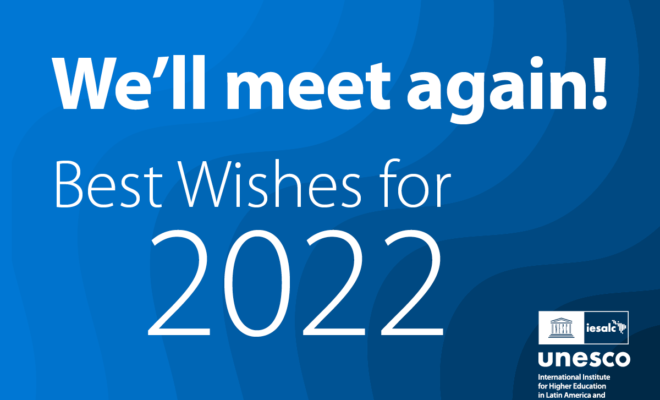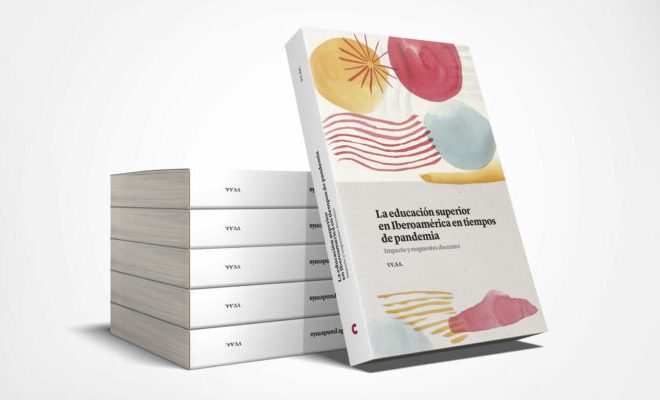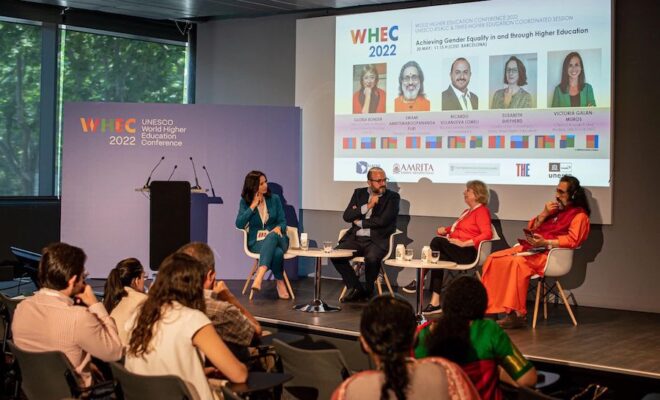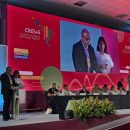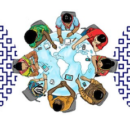Appel à candidatures de l’Agence universitaire de la Francophonie (AUF): programme de mobilité doctorale régionale Caraïbe

L’Agence universitaire de la Francophonie (AUF) dans la Caraïbe lance un programme de mobilité doctorale destiné à soutenir les études doctorales entreprises par des étudiants (ou étudiantes) d’universités membres de la Caraïbe.
Pour présenter sa candidature, le doctorant (ou la doctorante) doit être inscrit(e) en cotutelle ou en codirection dans une université membre de l’AUF dans la Caraïbe et dans une université d’accueil, également membre de l’AUF, mais située nécessairement à l’extérieur du pays d’origine.
Les lauréats réaliseront leur thèse en alternance entre ces deux établissements pendant une période de trois années, selon un calendrier défini en accord avec leurs codirecteurs (ou codirectrices) de thèse. Le programme couvrira les séjours de recherche à l’étranger (frais de déplacement, allocation mensuelle, assurance), qui pourront avoir une durée maximale de six mois par année académique.
Critères d’éligibilité :
- Avoir la nationalité et résider de manière permanente dans un des pays ou départements suivants : République Dominicaine, Cuba, Martinique, Guadeloupe, Jamaïque, Barbade, Saint-Martin, Trinité-et-Tobago.
- Être titulaire d’un diplôme de master (M2) au moins ou équivalent, à l’issue d’un parcours de formation conférant des aptitudes à la recherche.
- Avoir le soutien de deux codirecteurs de thèse dans le cadre d’une cotutelle ou d’une codirection : l’un dans son université d’origine (nécessairement dans la Caraïbe), l’autre dans une université d’accueil (à l’exception du pays d’origine, mais pouvant se localiser également dans la Caraïbe).
- S’engager à rédiger sa thèse en français ou, au moment de la soutenance, à en présenter un résumé d’une dizaine de pages en français.
Pièces constitutives du dossier de candidature :
- Formulaire de candidature 2021-2022 dûment complété et signé (téléchargeable ici).
- Projet de recherche précis, signé par le (la) doctorant(e) et par ses directeurs (directrices) de thèse : 2 à 3 pages présentant le sujet de recherche, la problématique, les hypothèses, la méthodologie et le corpus à examiner.
- Calendrier prévisionnel sur trois ans, indiquant l’état d’avancement de la thèse, les périodes de séjour à l’université d’accueil, la date de soutenance prévisionnelle, signé par les parties prenantes (le doctorant et ses codirecteurs de thèse).
- Convention de cotutelle (si en cours d’élaboration, le spécifier en indiquant une date prévisionnelle de signature de la convention) ou déclaration de codirection de thèse.
- Curriculum vitae détaillé.
- Lettre de recommandation des deux codirecteurs (ou codirectrices) de thèse (université d’origine et université d’accueil), mettant en avant la qualité du dossier et l’importance de la cotutelle (ou codirection).
- Photocopie du passeport.
Dépôt du dossier de candidature :
- Les dossiers complets sont à envoyer jusqu’au 4 juin 2021 au plus tard, à 17h00 (heure d’Haïti), via le formulaire en ligne accessible ici : https://l.auf.org/doctorat-regional
- Le projet de recherche, le calendrier et le curriculum vitae doivent nécessairement être rédigés en français.
- Les dossiers incomplets ne seront pas pris en compte.
Aucune pièce complémentaire ne sera acceptée après la date limite du 4 juin 2021.
RELATED ITEMS
